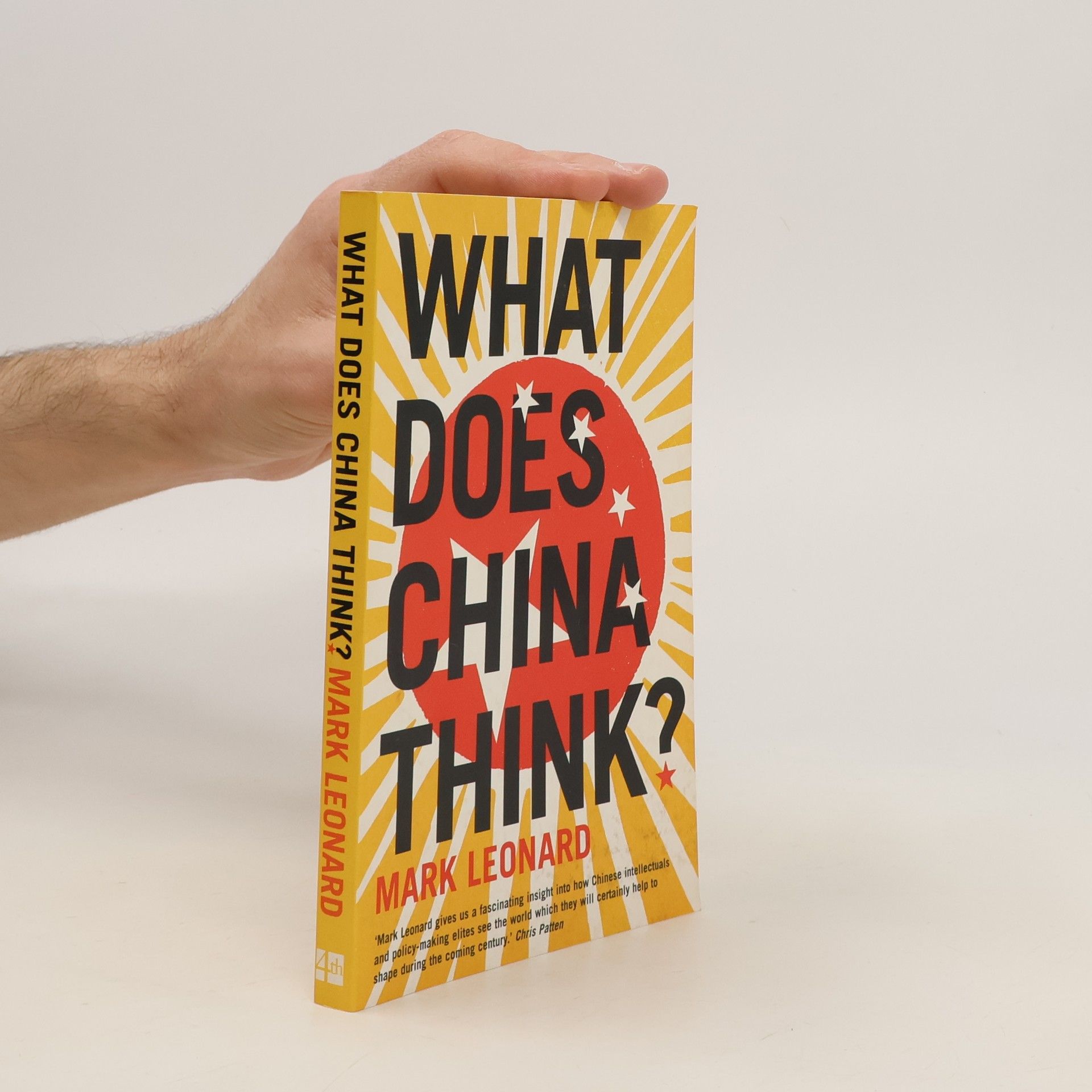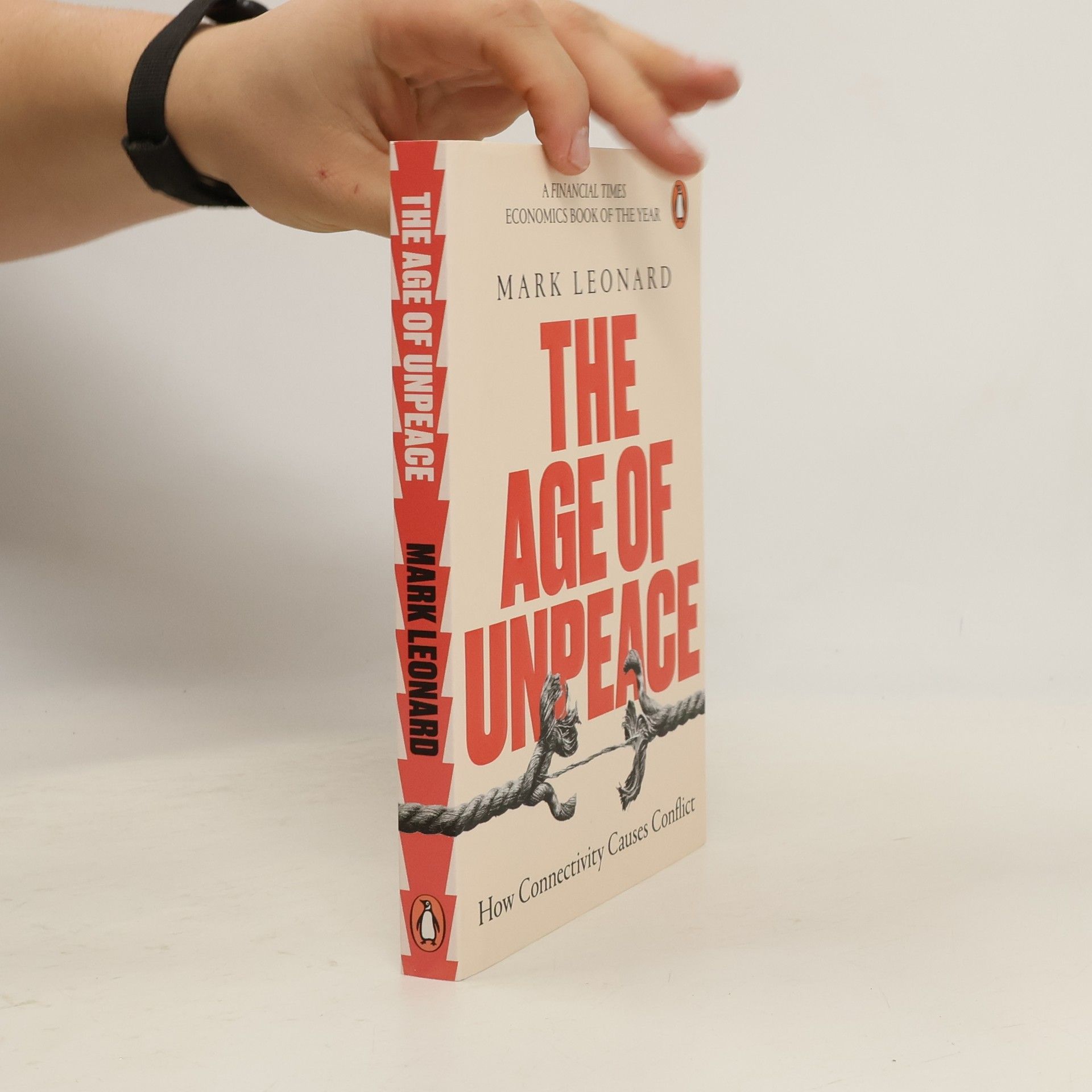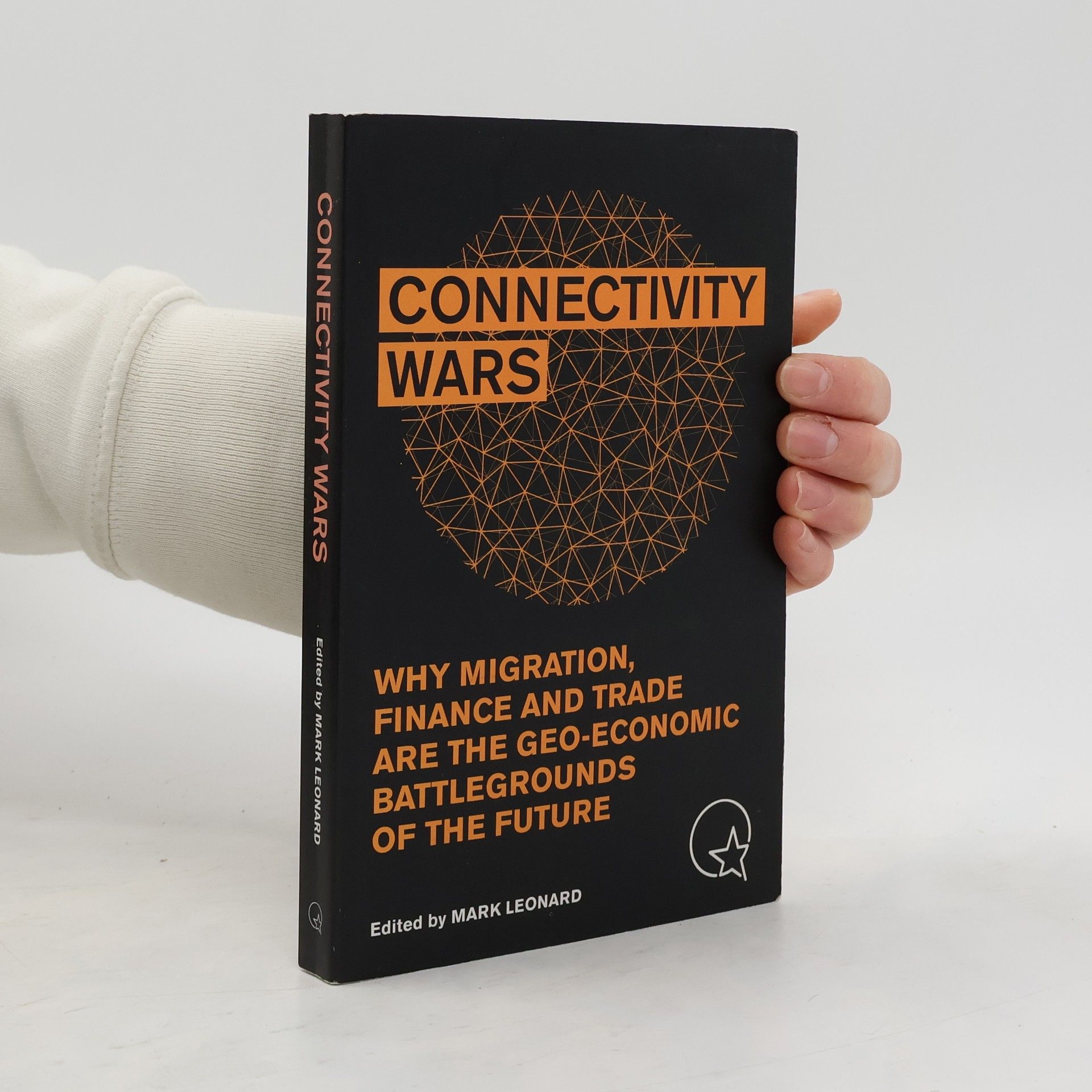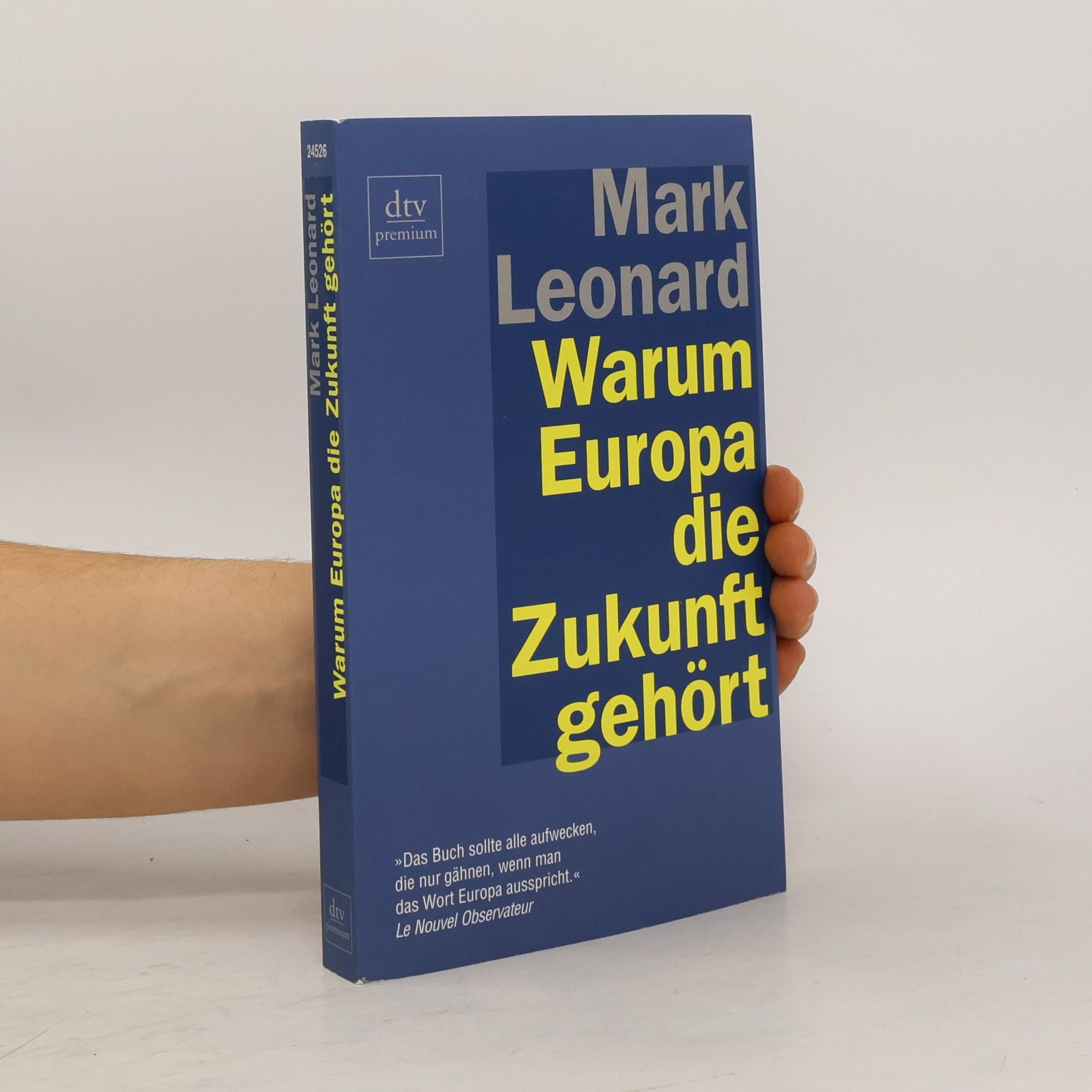Warum Europa die Zukunft gehört
- 200 Seiten
- 7 Lesestunden
![China 3.0 [European Council on Foreign Relations Report].](https://rezised-images.knhbt.cz/1920x1920/61477872.jpg)





Welche Ideen werden in China selbst diskutiert? Und inwiefern werden diese Vorstellungen die Welt prägen? Dass China schon längst zur Gruppe der Weltmächte gehört, ist bekannt. Kaum bekannt ist, wie die Entscheidungsträger und Intellektuellen in China selbst über die Zukunft ihres Landes denken. Mark Leonard hat sich intensiv mit dieser Frage befasst. Während der Westen noch darüber nachdenkt, wie man auf den Aufstieg Chinas Einfluss nimmt, machen sich chinesische Intellektuelle Gedanken darüber, wie China mit dem Abstieg des Westens umgehen soll. Während aus Deutschland noch Entwicklungshilfe nach China fließt, stellen zahlreiche Entwicklungsländer fest, dass China längst eine Alternative zur Anpassung an den Westen ist. In China finden Weichenstellungen statt, die sich auf die Weltordnung insgesamt und auf unsere Konzepte von Politik und Macht auswirken werden. Welche Ideen werden in China selbst diskutiert? Und inwiefern werden diese Vorstellungen die Welt prägen?
When Turkey shot down a Russian fighter jet in November 2015, calls for revenge exploded across the Russian media and internet. Protesters hurled stones and eggs at the Turkish embassy, and a leading TV talk show host compared the incident to the assassination of Archduke Franz Ferdinand, which triggered the First World War. So how did Putin respond to the battle cries of his people?He signed a decree halting fruit and vegetable imports from Turkey, banning charter flights and the sale of package holidays, and scrapping Russia's visa-free regime with the country. His proxies warned about possible escalation involving energy imports, while the media speculated about cyber-attacks.The most important battleground of this and future conflicts will not be the air or ground but rather the interconnected infrastructure of the global economy: disrupting trade and investment, international law, the internet, transport links, adn the movement of people. Welcome to the connectivity wars.
In the three decades since the end of the Cold War, global leaders have been integrating the world's economy, transport and communications, breaking down borders in the hope of making war impossible.
A leading foreign policy expert offers a look at the inner workings of China to explore a hidden world of intellectual debate that is fuelling a new Chinese revolution and to reflect on what this will mean in terms of both China as a nation and its role in global affairs
"China's once-a-decade leadership change is currently underway in Beijing. The new leaders will take power at a crucial time for China, as it enters the third stage of its development since the revolution. How they deal with the challenges ahead will not just shape China, but Europe and the entire world. Mark Leonard has drawn together a unique collection of essays from leading Chinese intellectuals and thinkers, examining the choices that it faces with its economy, its political system and its global role. After Mao's political revolution ('China 1.0') and Deng Xiaoping's economic revolution ('China 2.0'), Mark calls this 'China 3.0': Now that it is becoming more affluent, how does China deal with growing inequalities, rebalancing its economy and its increasing exposure to the global economy? How does the Communist Party retain stability, with increasing friction within Chinese society and half a billion 'netizens' active on the web? China can no longer keep a low profile on the world stage so also needs to decide how to use its power and deal with grievances with neighbours like Japan and South Korea.